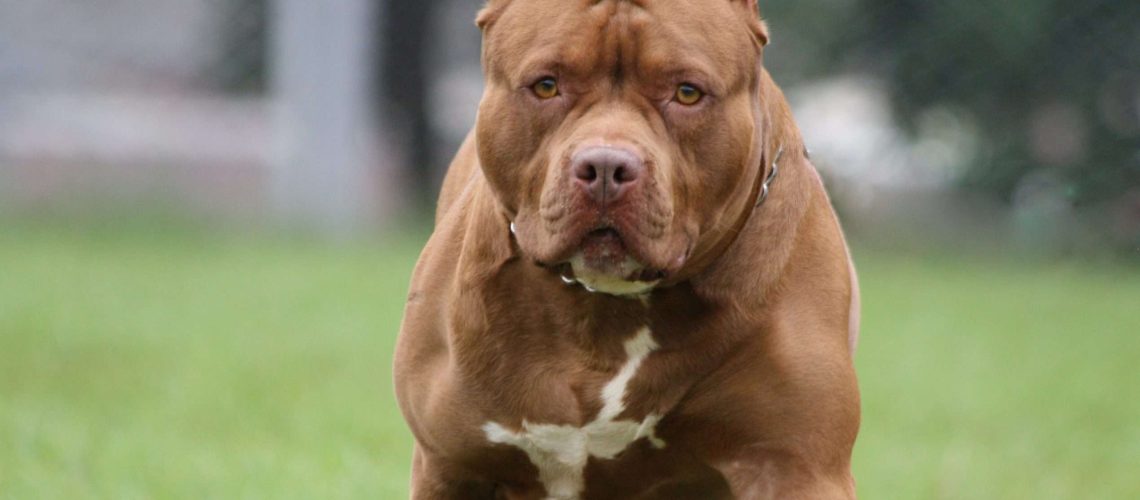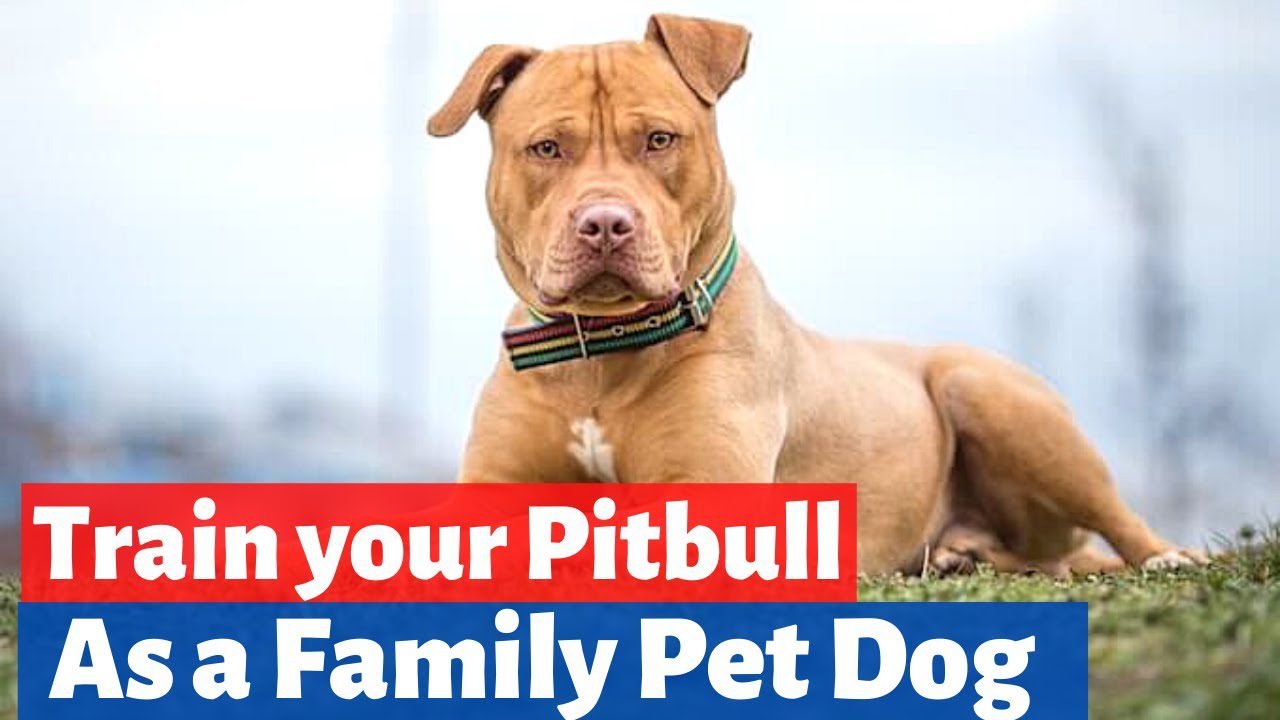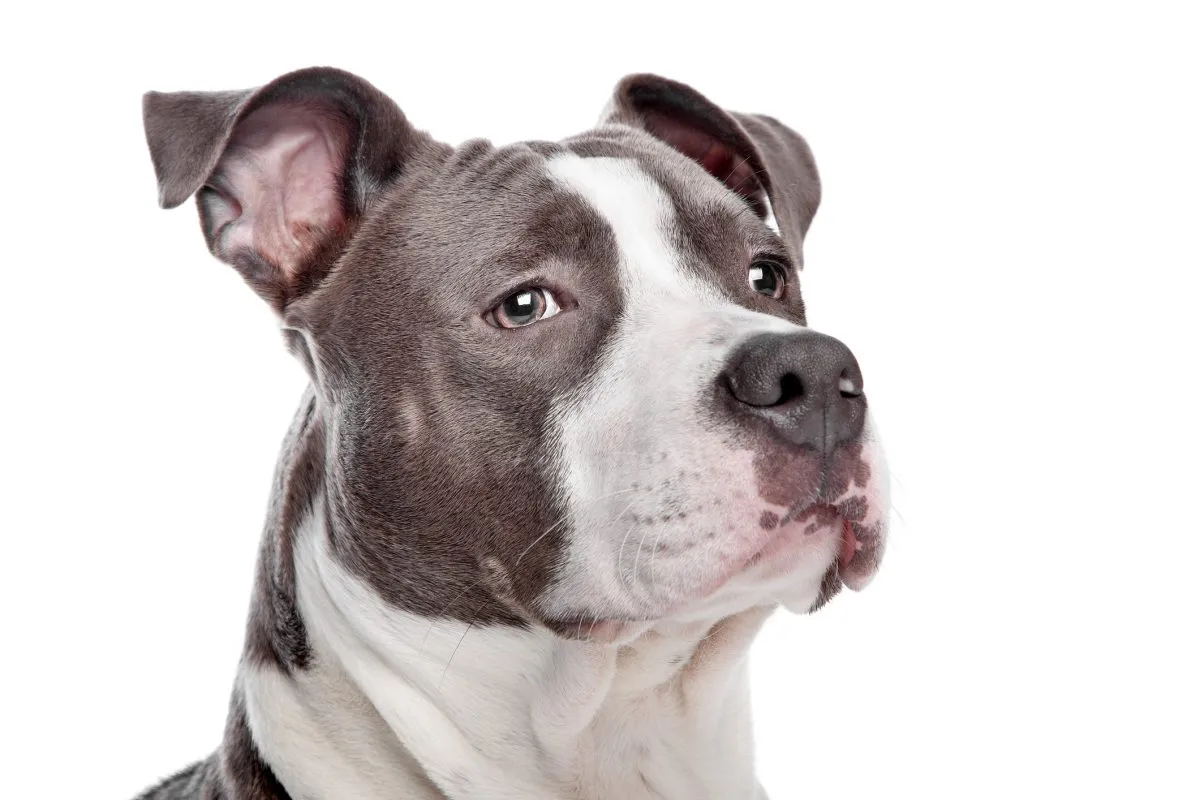Key Takeaways:
- Pit bulls are not inherently aggressive; their behavior largely depends on how they are raised and treated by their owners.
- Like any other breed, pit bulls can become aggressive if they are mistreated, abused, or poorly socialized.
- Aggression in pit bulls is often a result of irresponsible ownership, such as dogfighting or using them for protection.
- The media has played a significant role in perpetuating the stereotype that pit bulls are naturally aggressive and dangerous.
- Proper training, socialization, and responsible ownership can help prevent aggression in pit bulls and ensure they are well-behaved companions.
Do you ever wonder why some people are afraid of pit bulls? Or why others believe they are the most loving and loyal dogs? Exploring the topic of whether pit bulls are aggressive can provide us with valuable insights into these questions. Understanding this subject is essential because it allows us to challenge misconceptions and make informed decisions about these misunderstood creatures. So, let's delve into the world of pit bulls and discover the truth behind their reputation. Prepare to be surprised by what you learn!
The Reputation of Pit Bulls: Are They Really Aggressive?
Understanding the Controversy
There is a lot of controversy surrounding pit bulls and their reputation for aggression. Some people believe that all pit bulls are naturally aggressive and dangerous, while others argue that it is unfair to judge an entire breed based on the actions of a few individuals. It's important to understand that aggression in dogs is not solely determined by breed, but rather by a combination of genetics, environment, and individual temperament.
While it is true that pit bulls were originally bred for dog fighting, it does not mean that every pit bull will exhibit aggressive behavior. Like any other dog breed, pit bulls can be loving, loyal, and well-behaved when raised in a nurturing environment with responsible owners. It's crucial to remember that dogs are individuals with their own unique personalities, just like humans.
The Importance of Responsible Ownership
One key factor in determining a dog's behavior is the way they are raised and trained by their owners. Pit bulls require responsible ownership to ensure they grow up to be well-adjusted and non-aggressive dogs. This includes providing them with proper socialization from an early age, exposing them to various people, animals, and environments so they can learn how to interact appropriately.
Training is also essential for pit bulls as it helps establish boundaries and teaches them basic commands. Positive reinforcement techniques such as rewards and praise are effective in shaping their behavior. Consistency and patience are crucial when training any dog, including pit bulls.
In addition to training, responsible owners should provide their pit bulls with regular exercise and mental stimulation to prevent boredom or frustration which can lead to behavioral problems. A tired dog is generally a happy dog!
Pit Bulls: Understanding Their Natural Behavior
Origins and Characteristics of Pit Bulls
Pit bulls are a type of dog that includes several breeds, such as the American Pit Bull Terrier, Staffordshire Bull Terrier, and American Staffordshire Terrier. They were originally bred in the 19th century for bull-baiting and later for dog fighting due to their strength, tenacity, and loyalty.
Despite their history, pit bulls have many positive traits. They are known for being intelligent, energetic, and eager to please their owners. They are also typically affectionate towards humans and can be great family pets when properly trained and socialized.
The Role of Genetics
Genetics play a significant role in a dog's behavior, including pit bulls. It is important to note that not all pit bulls will display aggressive tendencies purely based on their breed. While some individuals may have inherited traits that make them prone to aggression or dominance, it does not mean that every pit bull will exhibit these behaviors.
Just like humans inherit certain characteristics from their parents, dogs also inherit traits from their ancestors. However, genetics alone do not determine a dog's behavior entirely. Environment, socialization, training, and individual temperament all contribute to how a dog behaves.
Factors That Influence a Dog's Behavior, Including Pit Bulls
The Impact of Early Socialization
Early socialization is crucial for all dogs, including pit bulls. It involves exposing puppies to different experiences such as meeting new people and animals in a positive and controlled manner. This helps them develop confidence and learn appropriate ways to interact with others.
Dogs that are not properly socialized may become fearful or anxious in new situations or around unfamiliar people or animals. This can sometimes lead to defensive behaviors or aggression as a way to protect themselves. By socializing pit bulls from a young age, owners can help prevent these issues and ensure their dogs grow up to be well-adjusted and friendly.
The Role of Training and Reinforcement
Training plays a significant role in shaping a dog's behavior, regardless of breed. Positive reinforcement techniques, such as using treats or praise, are effective in teaching dogs what is expected of them. This approach focuses on rewarding good behavior rather than punishing unwanted behavior.
Consistency is key when training pit bulls or any other dog. Clear communication and repetition help dogs understand what is expected of them. It's important to remember that training should be ongoing throughout a dog's life to maintain good behavior and prevent any potential issues from arising.
Preventing Aggression in Pit Bulls: The Power of Training and Socialization
The Importance of Early Training
Early training is crucial for pit bulls to prevent aggression and ensure they become well-behaved members of society. Starting training as soon as possible allows puppies to learn basic commands, proper manners, and appropriate behaviors from an early age.
Pit bull puppies should be exposed to various environments, people, animals, sights, and sounds during their critical socialization period (between 3-14 weeks old). This helps them develop positive associations with new experiences and reduces the likelihood of fear or aggression later in life.
The Role of Responsible Ownership
Responsible ownership is essential for preventing aggression in pit bulls. Owners should provide their dogs with regular exercise, mental stimulation, and socialization opportunities throughout their lives. A well-exercised and mentally stimulated dog is less likely to exhibit behavioral problems due to boredom or frustration.
Owners should also establish clear rules and boundaries for their pit bulls, ensuring consistent enforcement. This helps the dog understand what is expected of them and promotes good behavior. Positive reinforcement techniques should be used to reward desirable behavior, further reinforcing positive habits.
Tips for Preventing Aggression:
- Start training your pit bull as early as possible.
- Socialize your pit bull with various people, animals, and environments from a young age.
- Provide regular exercise and mental stimulation to prevent boredom or frustration.
- Establish clear rules and boundaries for your pit bull and consistently enforce them.
- Use positive reinforcement techniques such as treats and praise to reward good behavior.
Pit Bulls and the Law: Are There Specific Regulations for These Dogs?
Breed-Specific Legislation (BSL)
Breed-specific legislation (BSL) refers to laws or regulations that target specific breeds of dogs, including pit bulls. These laws often impose restrictions or bans on owning certain breeds based on their perceived aggression or danger. However, BSL has been a controversial topic with varying opinions among experts.
Some argue that BSL unfairly discriminates against certain breeds without considering individual temperament or behavior. Others believe that these laws are necessary to protect public safety due to the perceived risk associated with certain breeds. The effectiveness of BSL in reducing dog bites or attacks is still a subject of debate.
Local Regulations
In addition to breed-specific legislation, local governments may have their own regulations regarding pit bulls or other dog breeds. These regulations can include requirements for licensing, leash laws, mandatory spaying/neutering, insurance coverage, and more.
If you own a pit bull or are considering getting one, it is important to familiarize yourself with the specific regulations in your area. This will help ensure that you comply with all legal requirements and provide a safe environment for your dog and the community.
Misconceptions and Stereotypes: Debunking Myths About Pit Bulls
Pit Bulls and Aggression
One common misconception about pit bulls is that they are inherently aggressive or more prone to aggression than other breeds. However, aggression in dogs is not solely determined by breed but rather a combination of genetics, environment, training, and individual temperament.
While it is true that pit bulls were historically bred for dog fighting, responsible breeding practices and proper socialization can greatly influence their behavior. Many pit bulls are friendly, loving family pets when raised in a nurturing environment with responsible owners.
The Importance of Responsible Ownership
Another myth surrounding pit bulls is that they are dangerous because of their breed alone. In reality, responsible ownership plays a significant role in preventing any potential issues with pit bulls or any other dog breed.
Responsible owners should provide their pit bulls with proper training, socialization, exercise, mental stimulation, and love. They should also ensure that their dogs receive regular veterinary care and are spayed/neutered. These factors contribute to a well-rounded and well-behaved pet.
Changing Perceptions: Responsible Ownership and Education for Pit Bulls
The Power of Education
Educating the public about pit bulls is essential in changing perceptions and reducing stereotypes associated with this breed. By providing accurate information about pit bulls' behavior, debunking myths, and promoting responsible ownership practices, we can help foster a more positive image of these dogs.
Organizations dedicated to promoting responsible pit bull ownership often offer educational programs, training resources, and community events to raise awareness and dispel misconceptions. These initiatives help people understand that pit bulls can be loving, loyal pets when given the proper care and attention.
Responsible Ownership as a Solution
Responsible ownership is the key to changing perceptions about pit bulls. When owners take responsibility for their dogs' behavior through proper training, socialization, and care, they demonstrate that pit bulls can be well-behaved members of society.
By being responsible owners and advocates for their breed, individuals can help change public opinion and encourage others to see pit bulls in a more positive light. This includes promoting spaying/neutering programs, supporting local shelters or rescue organizations, and encouraging others to consider adoption rather than buying from breeders.
In conclusion, it is important to remember that not all pit bulls are aggressive. Like any dog breed, their behavior depends on how they are raised and trained by their owners. It is unfair to label all pit bulls as aggressive based on the actions of a few.
Are pitbulls genetically aggressive?
Certain pit bulls were specifically chosen and bred for their prowess in dogfighting. This indicates that they might have a higher propensity to engage in fights with other dogs compared to other breeds. However, it does not imply that they cannot coexist with other dogs or that they display unpredictable aggression.
Do pit bulls suddenly snap?
Pit bulls are often seen as unpredictable, with the belief that they can be well-behaved for a long time and then suddenly become aggressive towards their owners. However, according to Reid, this is no more likely to happen with pit bulls than with any other breed.
Are pit bulls good family dogs?
It is widely recognized that when Pit Bulls are properly managed and owned by responsible individuals, they can make excellent family pets. The American Canine Temperament Test Society ranks this breed as having one of the most stable temperaments among purebred dogs, on par with golden retrievers.
What triggers pit bull attacks?
Pitbull attacks can occur for various reasons, but the most common cause is inadequate or incorrect training by the owner. In some cases, owners may intentionally train their dogs to be aggressive, which can have disastrous consequences.
What two breeds make a pitbull?
The pit bull is a breed of dog created in the 19th century in England, Scotland, and Ireland by crossing bulldogs and terriers for the purpose of hunting. It is commonly known as the American Pit Bull Terrier. While the American Kennel Club does not officially recognize pit bulls as a specific breed, other organizations do.
What to do if a pitbull attacks you?
Try to stay in an upright position for as long as you can and if it is possible, try to keep the dog under control by putting your arm around its neck. Wait for assistance to arrive or consider disabling the dog by suffocating it, as the eye sockets are especially sensitive.
















